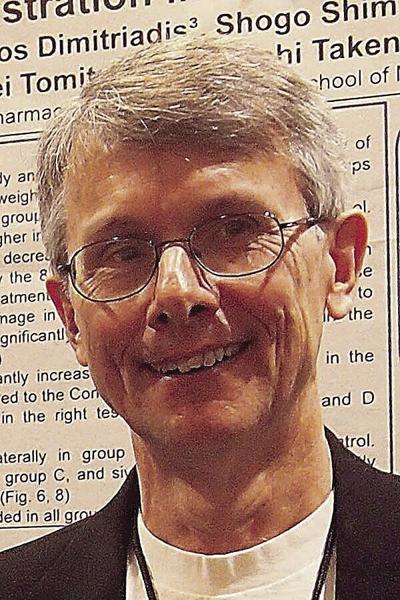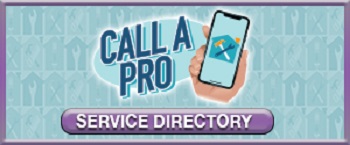
Terry Turner, a resident of Colquitt County, is professor emeritus of urology at the University of Virginia as well as author of books based on his experiences as an infantry officer in Vietnam.
When I was a lad the fireflies of summer lit the night air in southern Georgia. Last summer, I saw one firefly. One. Remember rain frogs? In my youth, every summer rain would be announced by the ribbets of hordes of little green frogs suddenly appearing from their secret places. Today, they are few. Wild quail used to populate our forests and hedge rows, but they disappeared decades ago. What happened to the fireflies, the rain frogs, and the quail? They died off or went elsewhere because our environment changed in a way they could not adapt to.
I mention this because we Georgians are nostalgic about our tall-timber pinelands, our black-water rivers and our moss-hung swamps where many go to see wild things that fly, swim, or crawl. Nature, we say, is important to us, a nature that includes the aforementioned fireflies, rain frogs, and quail. It’s the same thing all across our country: we say nature is important to us; we want it, we love it, we need it. If that is so, one wonders why so many of us are hesitant about protecting it.
It is certainly true that we are already doing things to protect our environment. We have reduced sources of air and water pollution, improved the disposition of toxic materials, and expanded recycling of many materials. We have done other things, as well; but the problem is that our ever expanding population calls for more and more to be done just to stay even. That results is a seemingly endless and irksome demand for further protections, not only from business and industry, but from individual households, as well.
Take the example of recycling household garbage. Localities are sometimes hesitant to initiate it because of expenses and a sense their citizens will be unenthusiastic. Yes, it’s a bother; but many places around the country have shown that citizens acclimate to it and come to accept it as routine. Still, the difficulties some localities have in finding markets for the things recycled is a complexity of the kind that is only magnified when entire industries are tasked to reduce their pollution imprint. Corrective measures cost time, attention, and finances in both business and agriculture and, in some cases, can even threaten an enterprise’s viability. That is a true difficulty; yet, while we hesitate to act our effects on the environment continue.
Some might say, changes to the environment have been going on since the earth’s first spin around the sun; what’s so different now? The answer is, us. Our species has been around for approximately 300,000 years. For almost all of that time we got along just fine with nature. Then, in just a little less than three hundred years ago advances in science and engineering sparked the industrial revolution. Population increases ensued and became particularly marked by the early 1900s. They were exploding by mid-century. By then we were producing pesticides and herbicides to help improve agriculture, plastics and organic chemicals to improve consumer goods, and petroleum products to improve transportation. The wastes and residues of human living accumulated and do not go away. Rather, they linger in the environment in ways that imperil lightening bugs, rain frogs or even the quail.
Those accumulating residues can affect humans, too. Did you know that the average sperm count for the human male has declined by nearly 50% over the last 50 years? It is a decline strongly associated with the estrogenic effects of a plastics by-product now virtually ubiquitous in our environment. Scientists have been sounding warnings about it for the last 20 years; but, my, my; those plastic spoons and water bottles sure are convenient, aren’t they?









Commented
Sorry, there are no recent results for popular commented articles.